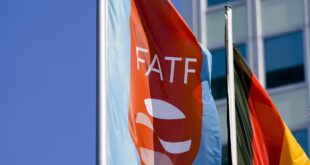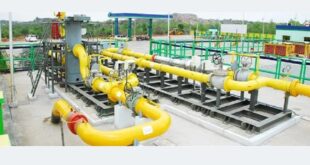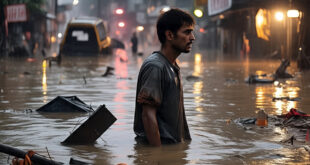- The National Aquifer Mapping and Management programme, which is aimed at delineating aquifer and water availability, is set to be completed in a year, G. Asok Kumar, Director-General, National Mission for Clean Ganga, Union Ministry of Jal Shakti, said in Chennai on Monday.
- Kumar inaugurated a three-day conference on ‘Water Reclamation and Reuse’, organised by the Federation of Indian Chambers of Commerce and Industry (FICCI) and the International Water Association (IWA), in the city.
- Elaborating on the Central government’s initiatives to resolve issues of water management and water governance, Mr. Kumar said the aquifer mapping would help in developing plans for groundwater management.
- Noting that the policy on reusing of treated wastewater had found resonance in many States, Mr. Kumar said the Central government’s emphasis was on wastewater as a resource rather than as waste. Work towards banning freshwater use for non-potable purposes would be carried out.
- Pointing to the national framework for safe reuse of treated water, he said the focus now was on reuse and recycling of wastewater and monetisation of sludge and treated sewage.
- He also spoke about the Jal Jeevan Mission to provide tap connections to all households by 2025 and the NamamiGange programme that aimed at a cleaner Ganga and enhanced sewage treatment capacities.
City’s new initiatives
- Experts also spoke about how Chennai was fast-emerging as a manufactured water capital in the country, with its recent wastewater reuse initiatives.
- Rajiv Mittal, CMD and Group CEO, VA Tech Wabag Ltd., a company that has executed desalination and tertiary treatment projects for Chennai, said besides adding desalination plants with treatment capacities of 550 million litres a day, projects were being planned for the optimum supply of recycled water and use of tertiary treated water for indirect potable purpose through the recharge of lakes.
Wastewater an asset
- Wastewater must be treated as an asset and incentives like carbon credits must be provided for reuse and recycling of wastewater. Reclaimed water would ensure drought-proof water availability, food security and sustainable socio-economic development, Mr. Mittal added.
- Earlier, Naina Lal Kidwai, chairman, FICCI Water Mission, spoke about the significance of investing in water recycling.
- Josef Lahnsteiner, chair, IWA Reuse Specialist Group; Thomas Michael Mollenkopf, IWA president and G.S.K. Velu, chairman, FICCI Tamil Nadu State Council, also spoke
SOURCE: THE HINDU, THE ECONOMIC TIMES, PIB
 Chinmaya IAS Academy – Current Affairs Chinmaya IAS Academy – Current Affairs
Chinmaya IAS Academy – Current Affairs Chinmaya IAS Academy – Current Affairs



